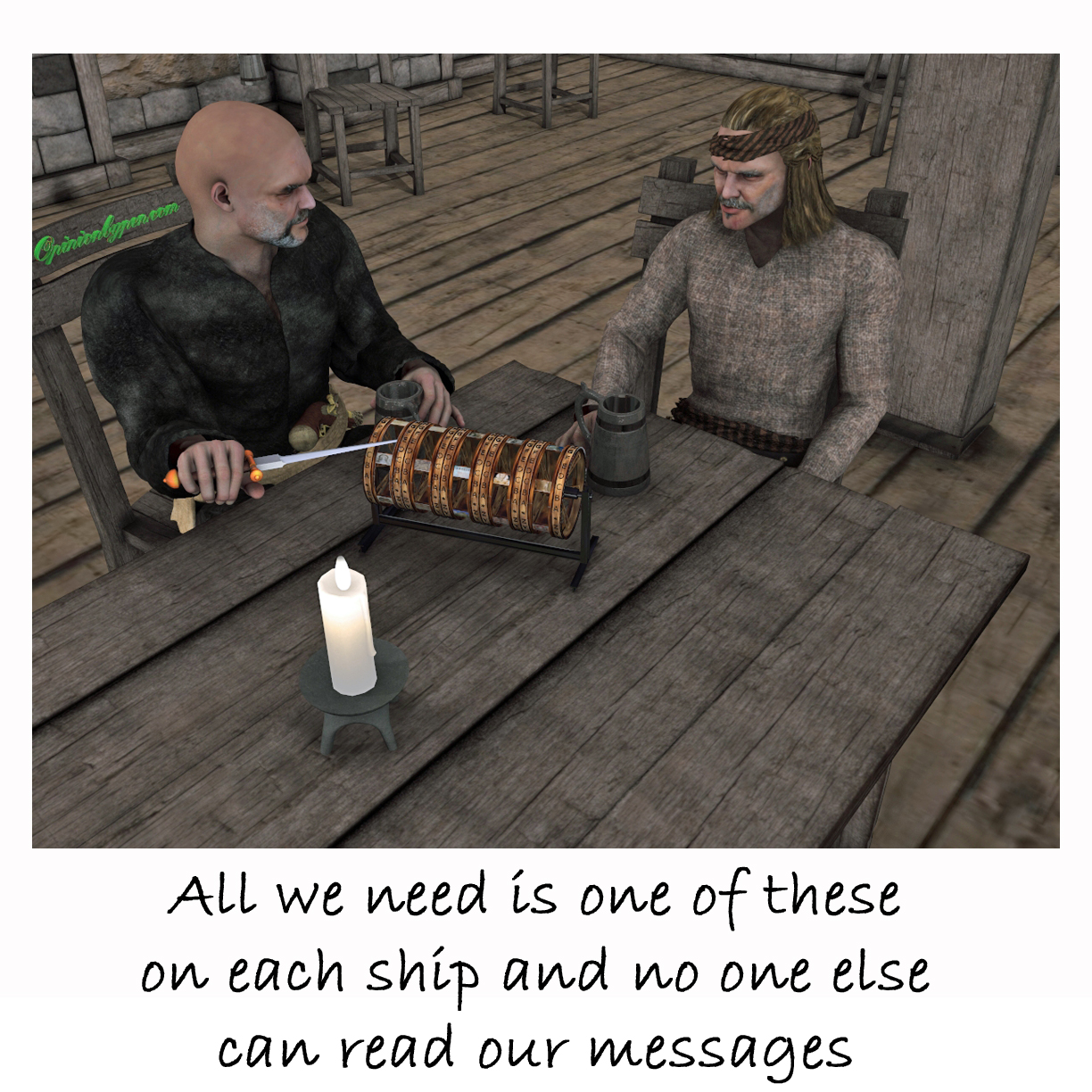 Did you heave a huge sigh of relief this year when your personal rights were reaffirmed? Twice in fact, once by the Library of Congress when they issued an opinion that hacking your vehicle’s software was legal and once by the UN when they declared encryption to be a basic personal right.
Did you heave a huge sigh of relief this year when your personal rights were reaffirmed? Twice in fact, once by the Library of Congress when they issued an opinion that hacking your vehicle’s software was legal and once by the UN when they declared encryption to be a basic personal right.
Considering the mess that Honda made of my vehicle’s entertainment software, I heartily applaud this. I have to find rhyme or reason to the control menu and if you own a Samsung phone, your phone becomes useless when you plug it into a USB port for charging. Just buy a charger, you’ll save yourself a lot of grief. My excitement faded as I started thinking how ill prepared our legal system is for this decision.
I know you’ve heard of the DCMA, Digital Copyright Millennium Act, this was enacted to stop rampant copying of software, movies and soundtracks. Having supplemented my income by writing software through the years, I’m strongly in favor of the intent of the act. Unfortunately, it was written by politicians having little understanding of the technology and wanting to cover all possible issues.
In this case the Library of Congress is issuing an exemption to allow us to modify our vehicles software, although unfortunately for me, the entertainment system is not included in the exemption. That means I can modify the emissions system, the performance curves and of course, the braking system but not the entertainment system.
What happens when someone accidentally modifies his braking system while trying to copy Volkswagen’s technique of enhanced performance with pollution controls and ends up plowing into the rear end of someone’s vehicle. I don’t know about the rest of the world but Texas has a number of “deep pocket” laws. If you’re 10% at fault but have deep pockets, you can end up responsible for 90% of the fines. Remember, this is America where our legal system has all but eliminated the idea of taking personal responsibility for our actions.
Honda’s lawyers have probably already looked into this nightmare situation and advised Honda to limit the versatility, eliminate the reprogramability and add a shrink-wrap clause to the vehicle, “by opening this door you give up all rights to modify, copy or ever write code resembling…”, I’m sure you’ve ignored thousands of similar binding legally binding contracts when you installed software.
It’s a great idea, I’m just not sure our legal system is up to the task.
That brings me to encryption as a basic human right. The UN feels that encryption protects us from the prying eyes of government and allows people to remain anonymous when they report misdeeds by their government. Three years of supporting a website and I’m beginning to feel a lot of people should have far less rights.
Take Tor for example. I don’t know if you’re familiar with Tor but it allows you to remain completely anonymous while browsing the web. That way nobody can trace what you’re doing on the web, buy drugs, arrange for illegal services, attempt to hack other websites and about 0.01 percent for something completely legal like being an informant to the law. Just recently I saw article castigating NSA for hiring a University to crack Tor. In three years, the only visitors I had using a Tor server were someone trying to hack my website. I’m sure it was only a coincidence.
I’m also tired of anonymous people sending me virus ridden emails in an attempt to hack my machine and empty my bank account. If people send me email, I want to know who they are. If they want to threaten me, spam me or hack me, I want my government to know who these people are. I’m tired of these cockroaches being able to hide.
It’s clear that I don’t trust my government to have my best interests at heart, I’ve seen Congress attempt to work and I have reason to fear their decisions but their incompetence is nothing compared to the number of people trying to obtain my credit card number, my bank account number or injure massive crowds of people because their religion is different from my own. The truth is, my only legitimate need for encryption is to keep those leeches at bay. If I trusted my government to protect the keys to my encryption, I would have no problem giving them those keys.
How about those few people who actually have a legitimate need for encryption? The people who need to report misdeeds and remain anonymous. Like many other companies, my company spends a lot of money every year providing a hotline service for people to report misdeeds anonymously. I’ve never had occasion to use the hotline but I no reason to believe that this service would not keep me anonymous.
Maybe the UN would be far better setting up hot lines like these and working out ways to keep other people far less anonymous.
© 2015 – 2019, Byron Seastrunk. All rights reserved.











Recent Comments